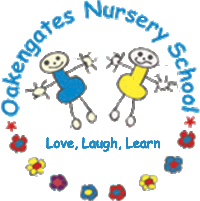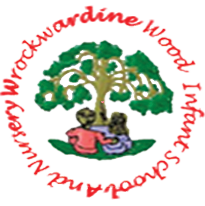SEND Induction and Transition
|
‘Teachers make sure that disadvantaged pupils and those with special What is transition? Transition is the change a child encounters moving from one familiar setting (including home) to another. Some children by the time they have reached school age may have experienced several transitions which will have helped them to adapt their thoughts, feelings, and behaviour to meet new expectations. These transitions may have included:
Some children may not have experienced several transitions so may find transition from home to school more difficult. When children are starting in Reception it is the responsibility of the previous early years setting to inform the school about the child’s needs and to arrange a transition meeting so the Special Needs Coordinators (SEND Co.) at both settings can share information. This will reassure parents that plans are in place to support their child’s needs when they start school. If a child has an Educational Health Care Plan (EHCP) then the Local Authority will liaise with the school to check the school can meet the child’s needs. What is induction? Induction is the policies and procedures to ensure children and their families receive a smooth transition into our school and nursery settings. Our key principles for good practice in supporting successful transitions are to:
We believe involving parents fully in the transition and induction process reduces anxiety for them and consequently this has a positive impact on their child. A child’s transition from home school or nursery can be an anxious time, particularly if a child has Special Educational Needs and/or a Disability. Periods of change can be made less daunting if parents’ and carers’ views are respected and they feel that they have made a suitable contribution to what will happen when their child moves to a new setting or school. During a child’s time in our federation the Special Educational Need Coordinator (SEND Co) and the child’s key person in Early Years or a teacher in school will plan regular meetings with parents or carers to discuss a child’s needs and/or to facilitate any necessary liaison with other professionals. In preparation for a transition a meeting for parents will be arranged with the SEND Co and where appropriate, other professionals who may be supporting a child. If a child is going through an Educational Care Needs Assessment (ECNA). The transition meeting will be a partnership between parents/carers and either the current setting or new setting or school. Outside agency reports and records such as completed and current Individual Provision Maps (IPM’s) or Educational Health Care Plans (EHCP) are an important addition to the child’s transfer record and will be passed to the school or new setting when a child moves. Meetings will also take place to share information and plan for possible additional transition visits for the child. Medical and care needs (Individual Health Care Plan) and any relevant adjustments that may be required will also be discussed at the transition meeting. This preparation arrangements are planned during the transition meeting at the child’s previous setting if starting nursery or school, or with the receiving setting or school. Any additional support such as a new resources or training for staff or a tailored admission plan to ensure a smooth transition. Once the additional arrangements have been made our SEND children and their families will follow our usual induction programme.
In Early Years and Key Stage One A transition programme is in place for children when they move classes each year.
Transition to Key Stage 2 (Junior or Primary school) Please go to the Parents Handbook on this website to read more information about transition to Wrockwardine Wood Church of England Junior school. In year transfers Once a school place has been allocated by Telford and Wrekin admissions team or the SEND team. It is the responsibility of the previous school/nursery to inform us of a child’s needs via a ‘Pupil Passport’. For transfers out we will complete a pupil passport. Contact will be made with the previous or new school to ensure all the necessary information has been shared or gathered to ensure a smooth transition for a child. |



